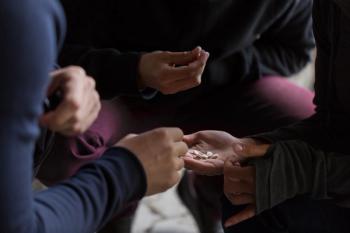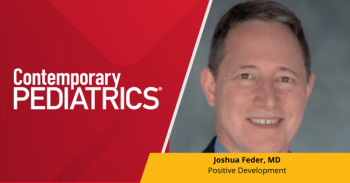
Who cares for the caregivers?
I have been left to wonder, how does being a caregiver affect the health of the caregiver and what how does our system dysfunction play into that effect?
The COVID-19 pandemic has stressed the entire health care workforce. Particular attention in press accounts has been focused on burnout among nurses and doctors along with other clinical personnel resulting from long work hours, inadequate staff, shortage of supplies and the emotional toll of caring for dying patients. We simply must provide better preparation and support for those who care for others.
Not to detract from this important group, but I would also call attention to another group of caregivers who, like doctors and nurses, have experienced increased stress and burnout during the pandemic but also go almost totally unrecognized during non-emergency times. That group consists of family caregivers for patients who are elderly, disabled, or facing a critical or terminal illness.
I can speak from personal experience, having been the primary caregiver for myparents, both in their 90s, during the last years of their lives. It is a difficult task under any circumstances but made worse by inconsistent resources, lack of coordination of needed help, and the disconnect between the medical system and other providers of care and services.
I can hardly imagine the increased stress involved for those who have had less exposure to the health care system than have I, a physician of 40 years. The effect of the pandemic found its way to home-bound patients, making doctor visits more difficult and resources harder to find while bringing significant social isolation due to limitation of visitors.
I have been left to wonder, how does being a caregiver affect the health of the caregiver and what how does our system dysfunction play into that effect? It turns out there are multiple studies looking at the issue, dating back to the 1980’s. While not all caregivers experience significant long-term negative health effects, there are reports of increased depression, higher morbidity rates due to ignored or delayed health care for the caregiver, financial and emotional stress and family and work disruption.
How big a problem is it? A study of employees of a large insurance company over 10 years ago found that 25% of their employees reported being a caregiver to a family member or loved one.A follow-up study at one of the nation’s largest financial institutions found that rate to be 32%, which has only risen during COVID pandemic.
I image the stress of caring for a loved one with COVID and the worry about family exposure has taken a huge toll. There have been notable reductions in productivity and attendance among caregivers although the option for working from home and recognition of the issue and employer flexibility significantly mitigates the workplace effects.
In my own small study of the senior management of my organization done three years ago, a surprising 80% were caregivers. But the shocking part to me was that not one of us knew of the burden our colleagues were coping with.
As we begin to address social determinates and how to mitigate their negative health effects, should we not also begin to ask whether the patient in front of us is also a caregiver? Or should we not ask more about who is caring for that elderly, critically ill or terminal patient we are treating and make sure they have all the resources they need to do the job?
Care giving is hard and sometimes consuming. It goes beyond the doctor visits and making sure medications are filled and given properly to include coordinating other family and paid caregivers, grocery shopping and food prep, keeping up the household, paying bills, handling financial affairs, and often preparing for the death of a loved one.
It was helpful for me to have a caring family physician who I could call or text when needed, along with the resource book, The Caregivers Toolbox by Carolyn Hartley and Peter Wong. There are other great resources available, but I became aware of this one after working with Peter, who was a Fortune 500 business consultant, and who wrote this book after a personal experience caregiving. There needs to be a national discussion on how to provide better long-term care for our elderly, but we should also start by doing a better coordinating, funding and providing support services for patients and their caregivers.
Newsletter
Access practical, evidence-based guidance to support better care for our youngest patients. Join our email list for the latest clinical updates.








